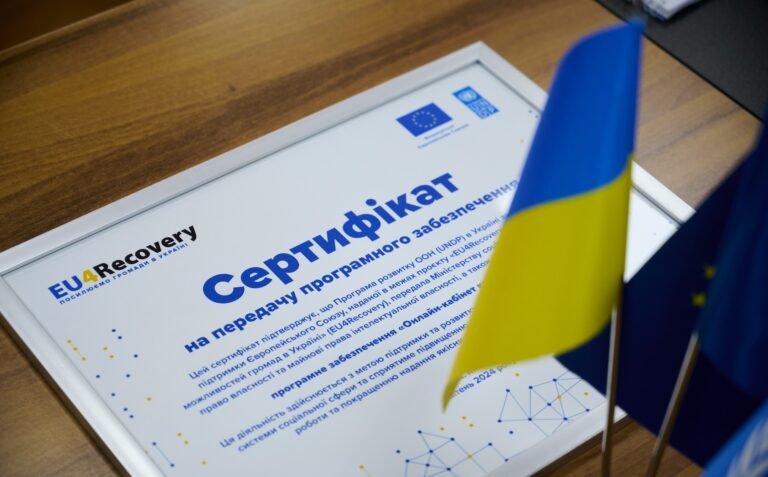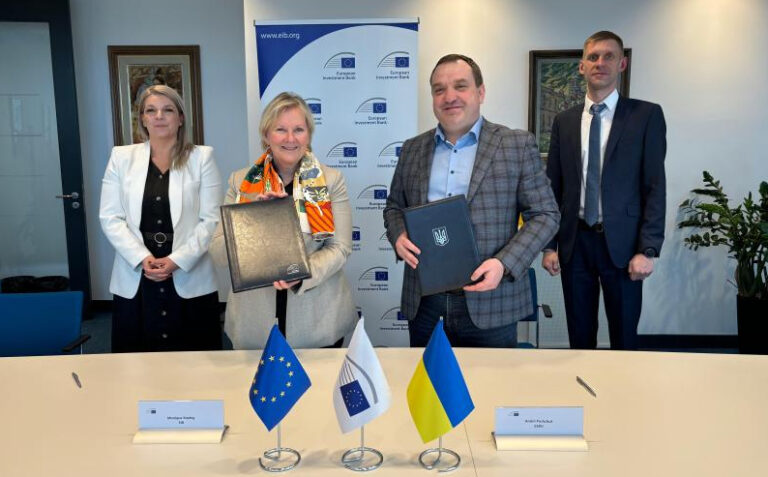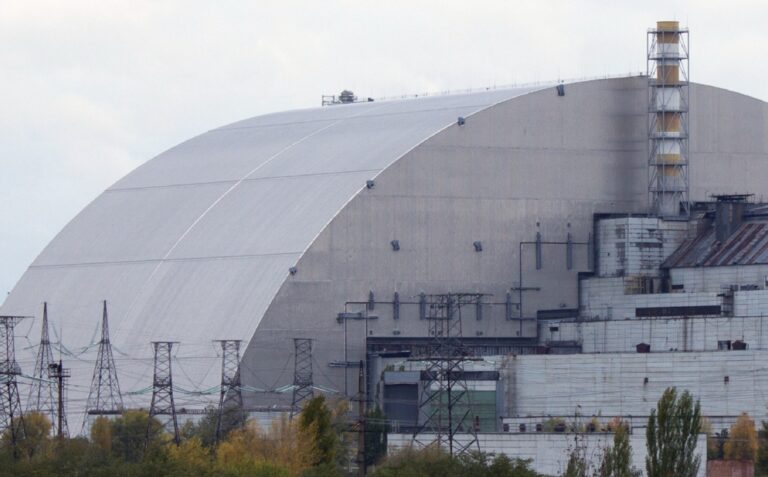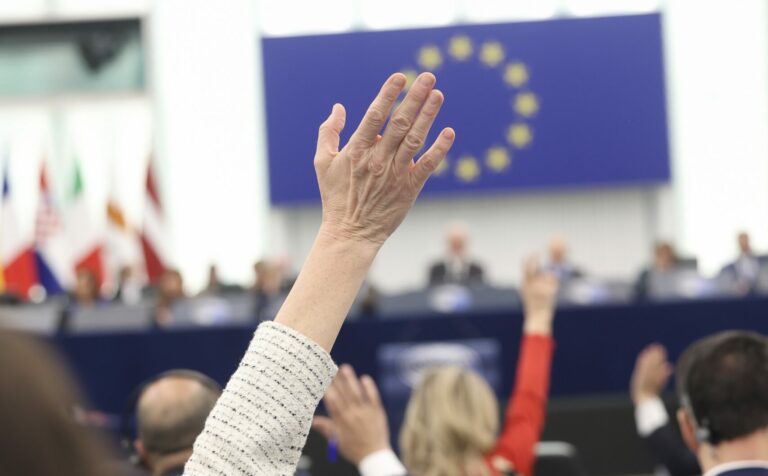
Eastern Partnership Civil Society Forum presents its regional Index 2023
On 8 February, the Eastern Partnership Civil Society Forum (EaP CSF) held a launch event to present the results of its Eastern Partnership Index 2023, developed with financial support from the European Commission.
Two years into Russia’s war of aggression against Ukraine this February, the EaP Index findings highly resonate with the overarching theme of the war and its spillover effects across all the six EaP countries.
“While the war shows the fragile nature of peace in the region, it also confirms the robustness of the Eastern Partnership as a ‘training ground’ for EaP countries with EU aspirations, and the resilience of independent civil society,” says a press release by the EaP CSF.
The EaP Index analysed emerging policy trends and reforms in critical areas of governance in all six EaP countries over the past two years (2022-2023) and translated them into actionable findings and specific policy recommendations.
Presenting the Index, Ana Otilia Nutu, co-chair of the Steering Committee of the Eastern Partnership Civil Society Forum, said that it is a “unique tool offering an instrumental evaluation of the state of reform in the region”.
Under the Index, countries are assigned a score and ranking, as starting points that allow readers to delve into the specificity of a country, of a thematic area or more, and understand national and regional context.
In the 2023 edition of the Index, Moldova ranks 1st and Ukraine ranks 2nd, demonstrating significant progress towards EU reform goals despite the war, its pervasive impact on all aspects of society and the overall geopolitically complex regional landscape.
Despite gaining EU candidate status in November 2023, Georgia’s (3rd) Index results reflect a significant decline in good governance and the rule of law, accompanied by widespread political polarisation. Armenia’s stable 4th ranking reflects some signs of stalled reforms and potential democratic backsliding. Azerbaijan (ranked 5th) and Belarus (ranked 6th) remain the laggards on the Index scorecard, reconfirming their increasingly autocratic regime and use of weaponised legalism.
According to Ana Otilia Nutu, over its 9 editions, the EaP Index 2023 has become a reference for anyone interested in the EaP region – from policy makers in Brussels and in EU member states, national authorities in the EaP countries, media, academia, and civil society above and beyond the EaP region and the EU.
“With the works and consultations on the 2024 EU Enlargement Package starting in only a couple of months, we look forward to the results of the EaP Index being used again by the EU institutions for their final assessment and for discussions around EU enlargement for Ukraine, Moldova, and Georgia,” said Ana Otilia Nutu. “Moreover, the fact that the EaP region continues to include two very consolidated autocratic regimes speaks of the urgent need to prioritise actions that counter authoritarianism and authoritarian tendencies.”
Enira Bronitskaya, an EaP Index expert from Belarus, said at the presentation that today the EU’s relations with Azerbaijan and Belarus should be primarily based on values rather than interests: “The Index should become a handbook for European politicians and civil societies that helps to see these values gaps and raise the issues.” She added that for Belarus, where “people have stopped talking about their rights and think about how to punish or oblige someone”, it is very important to continue supporting civil society: “The EU cannot get rid of Lukashenka, but civil society can continue to explain what human rights are, what is normal and what is not.”
Hamida Giyasbayli, independent journalist and the EaP expert from Azerbaijan, said that Azerbaijani independent media, which were “killed” by last year’s media law, need help to protect journalists and civic activists in prison and financial assistance to survive.
Tamar Khidasheli, EaP expert from Georgia, thanked the EU for closely following Georgia’s fulfilment of its commitments in many areas, one of which is the protection of human rights. “If we compare the last two years with the previous two years, we can clearly see that the space for critical expression is shrinking in many directions,” says Tamar. “The Georgian government continues its hostile rhetoric towards non-governmental organisations. And the recent attack on the EaP Index experts was a very vivid expression of this.”
The progress of each EaP country can be explored and compared through the dynamic EaP Index dashboard.
Find out more
MOST READ
SEE ALSO

EU and UNDP transfer unified electronic case management system software to Ukraine

EIB and Ukraine reinforce safeguards for EU bank’s investments in the country

Chornobyl Nuclear Disaster Anniversary: ‘Let us never forget the past to safeguard our future,’ says EU

European Parliament urges Azerbaijan to immediately and unconditionally release Ilhamiz Guliyev and other political prisoners

Borrell urges Georgian political leaders to withdraw draft law on foreign influence
More campaign pages:
Interested in the latest news and opportunities?
This website is managed by the EU-funded Regional Communication Programme for the Eastern Neighbourhood ('EU NEIGHBOURS east’), which complements and supports the communication of the Delegations of the European Union in the Eastern partner countries, and works under the guidance of the European Commission’s Directorate-General for Neighbourhood Policy and Enlargement Negotiations, and the European External Action Service. EU NEIGHBOURS east is implemented by a GOPA PACE-led consortium. It is part of the larger Neighbourhood Communication Programme (2020-2024) for the EU's Eastern and Southern Neighbourhood, which also includes 'EU NEIGHBOURS south’ project that runs the EU Neighbours portal.

The information on this site is subject to a Disclaimer and Protection of personal data. © European Union,







